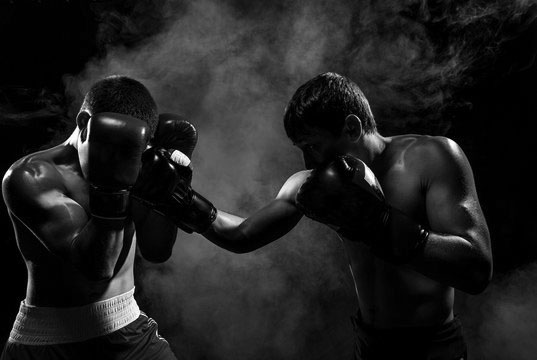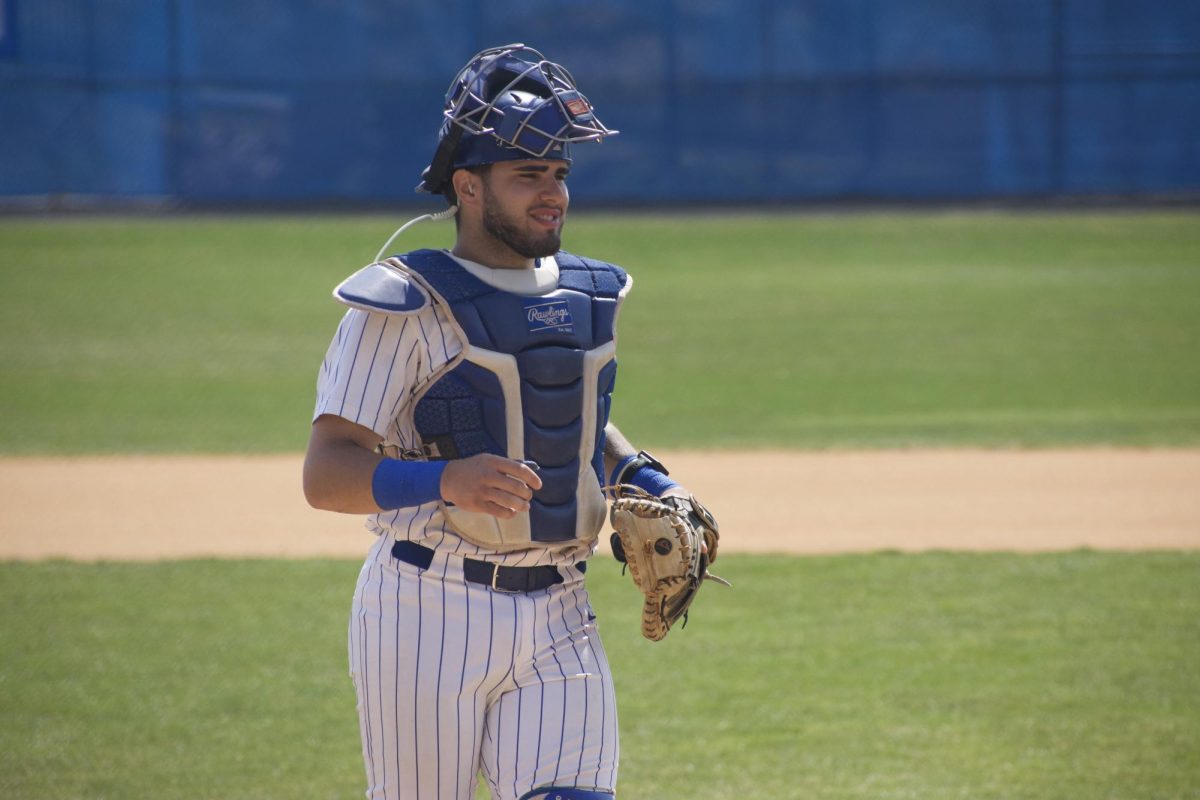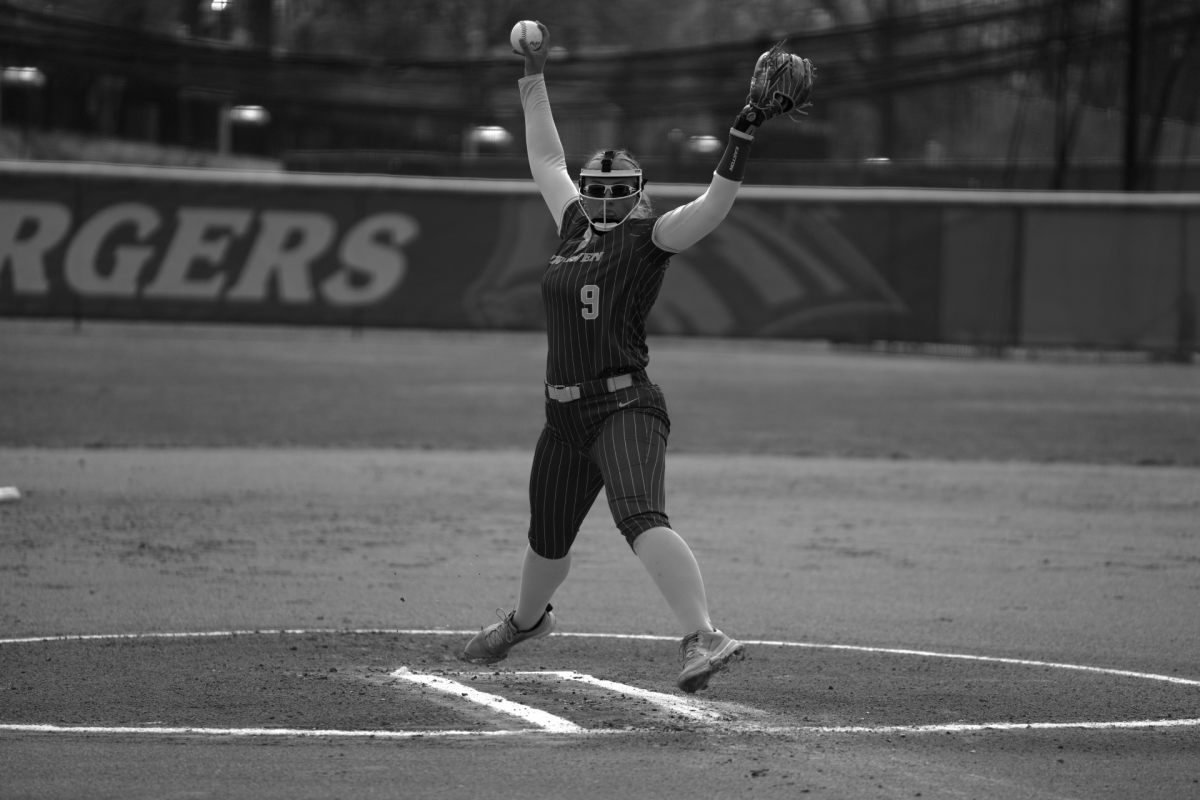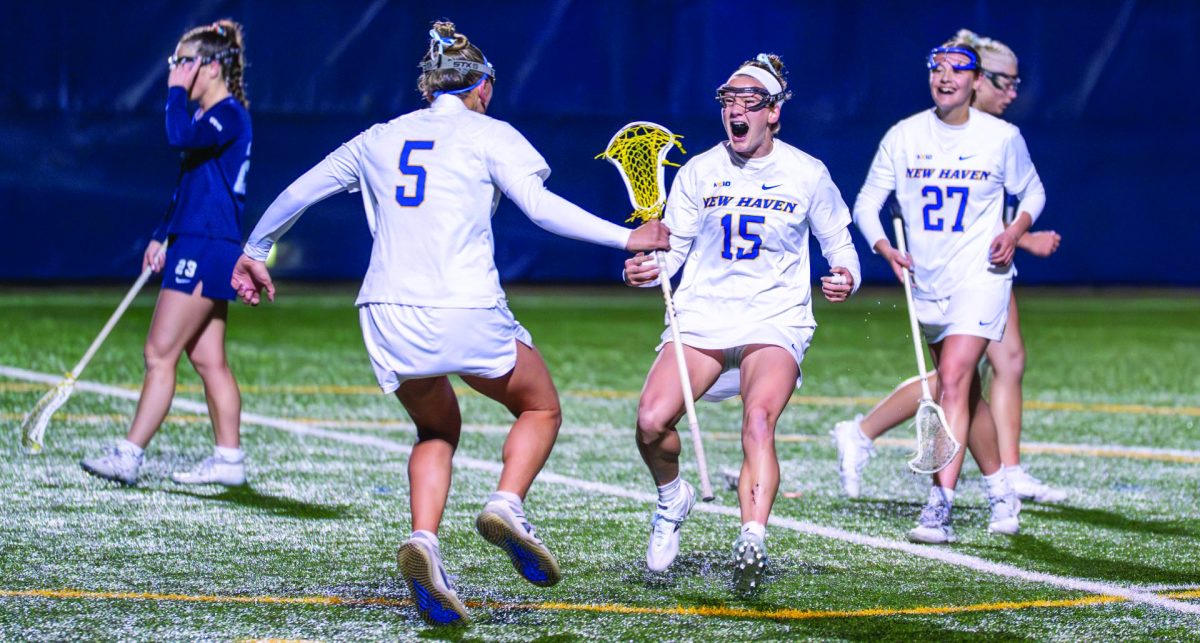Whatever you might think, being a college athlete is not as glamorous as you may think.
Unless an athlete at a power five Division I program such as the University of Alabama or a Division I school like the University of Connecticut, the life of a Division II and Division III athlete is not as extravagant as it may seem.
Prior to transferring to the University of New Haven, I was a member of the baseball team at Westminster College. Westminster is a small Division III school located in a small town northwest of Pittsburgh, Pennsylvania. For a while, I thought the way things operated there was the way all college sports worked. In the fall, baseball did not have a dedicated locker room because the team shared it with basketball. Without a locker room, the team was forced to change in the dugout before practices and even when baseball got the area back, there were not enough lockers so some of us had to share.
The weight room had only six squat racks, so team lifts took forever to complete. Then, too, sharing with the football team was not ideal. Getting game pants depended on when you arrived at the school. If an underclassmen took the game pants of an older player, they better be prepared to give them up. Game uniforms were barely ready for back-to-back game days because they were sent out to the equipment room.
After I transferred to UNH, facilities such as the PPC were a shock. After three and a half years at a small DIII school, New Haven was an upgrade. However, after two years here, it is noticeable that even larger schools have the same challenges. The locker room the baseball team was shoved into this year does not fit all 40 of us, and we have to share it with the men’s soccer team. The team is often cramped by budgeting so sometimes the department has to sacrifice certain things but for the most part, UNH provides athletes with many beneficial resources.
However, many people forget that we are also students before we are athletes.
On top of having to remember when there is lift, practice and games, student athletes also must attend class and make sure assignments are handed in on time. Oftentimes, practice ends around 5 p.m. which then leads to finding something to eat and sitting behind my desk for hours on end to make sure my work is turned in. Student athletes can not partake in games if they are failing their courses. That explains why even on trips such as the baseball teams’ Myrtle Beach and Florida road games, players find themselves in their hotel rooms after games doing some sort of homework. This prevents the team from stirring up any trouble while also staying in line with coaches’ rules.
Although there may be a stigma surrounding the life of student athletes, we face challenges that often go unnoticed.









